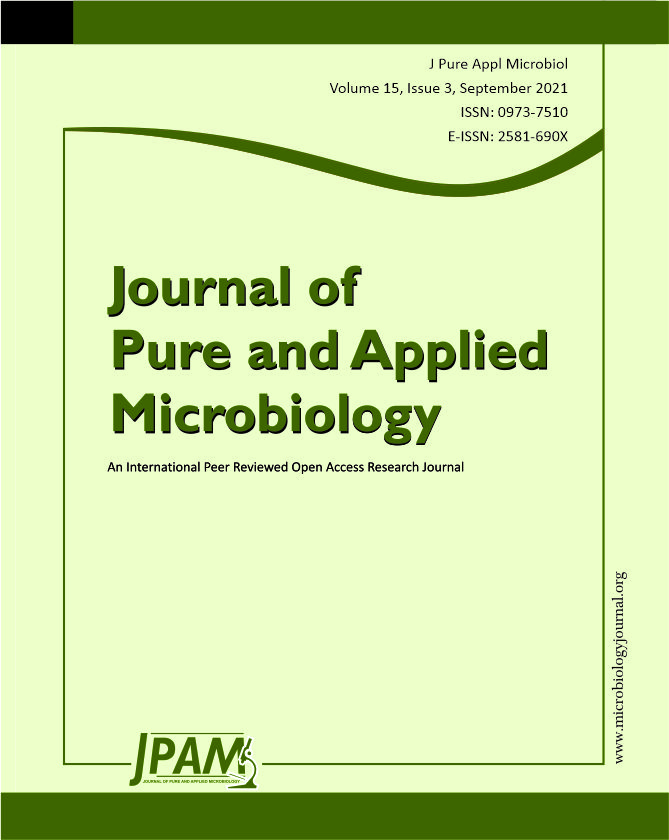A wide range of gastrointestinal (GI) illnesses is caused by foodborne bacteria that can arise from either a direct bacterial infection or bacterial toxin ingestion. The treatment of these infections has been hampered by the appearance of resistant strains. This current study aims to investigate the prevalence of Gastrointestinal tract (GIT) infections in Omani patients and their resistance pattern against commonly used antibiotics. Seven hundred and ninety fresh stool samples were obtained from Omani patients attending Sultan Qaboos University Hospital with GI manifestation from the 1st of June to the 30th of November 2019. Bacterial identification in stool samples was carried out by inoculation in culture media, microscopical examination and biochemical tests confirmed by MALDI. BD PhoenixTM. The antibiotics sensitivity testing was carried out by the Manual disk diffusion method and by MALDI. BD PhoenixTM. Out of 790 stool samples, 49 samples were positive for GIT bacterial infections. Salmonella spp. was the most prevalent isolate and more associated with children less than ten years old. Out of the 49 bacterial isolates, 3 (6.1%) were Clostridium difficili, 4 (8.2%) were Shigella flexneri, 5 (10.2%) were Campylobacter jejuni, and different Salmonella spp. serotypes were detected such as Salmonella Kentucky (8.2%), Salmonella enteritidis (6.1%), Salmonella infantis (4.1%), Salmonella welteverden (4.1%), Salmonella typhimurium (4.1%), Salmonella anatum (2.0%), Salmonella tesvia (2.0%), Salmonella Uganda (2.0%), Salmonella Arizona (2.0%) and (40.8%) of other Salmonella spp. serotypes. Eighty percent of isolated Campylobacter jejuni were resistant to Ciprofloxacin and Tetracycline. Salmonella spp. and Shigella flexneri were highly resistant to Amikacin, Gentamicin, and Cefuroxime. The low level of bacterial infection detected among screened patients in the present study indicates the excellent hand washing hygiene practice in reducing GIT infections among patients in Oman. This good hand washing hygiene practice is of great help in the efforts of controlling the spread of other severe diseases like COVID-19. However, detecting the emerging of antibiotic-resistant of GIT bacterial pathogens among patients in Oman, such as Salmonella and Shigella to a commonly used antibiotic such as Gentamicin, is alarming.
Gastrointestinal tract infections, tertiary care hospital, Oman
© The Author(s) 2021. Open Access. This article is distributed under the terms of the Creative Commons Attribution 4.0 International License which permits unrestricted use, sharing, distribution, and reproduction in any medium, provided you give appropriate credit to the original author(s) and the source, provide a link to the Creative Commons license, and indicate if changes were made.


